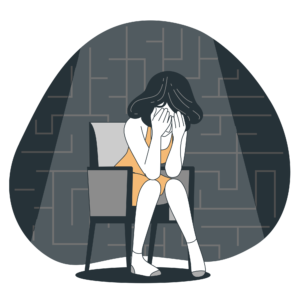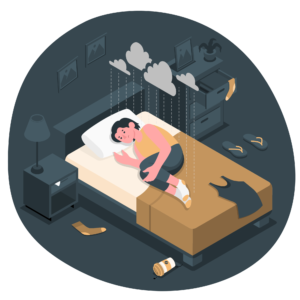EATING DISORDERS
EATING DISORDERS



You deserve to get help, and your body deserves to heal. Taking care of yourself is important.
SAMHA RY is here for you. If you need someone to talk to, to listen, and who can help you get better-contact us today.
If you need help don’t hesitate to contact us right away. We are available Monday-Thursday 10-17.00 for an appointment, reserve an appointment online, or contact us via Whatsapp, Phone call, email, or social media.
Remember: it can always get better, the first step is yours.
REFERENCES
“Eating Disorders.” National Institute of Mental Health, U.S. Department of Health and Human Services, https://www.nimh.nih.gov/health/topics/eating-disorders.
“Eating Disorder Myths.” National Eating Disorders Association, 22 Aug. 2019, https://www.nationaleatingdisorders.org/toolkit/parent-toolkit/eating-disorder-myths.
Kumar, Naveen. Medically Reviewed by: Marney A. White, PHD, MS, Psychology “Eating Disorders in Men. Healthline, 23 Nov. 2021, https://www.healthline.com/health/eating-disorders/eating-disorders-in-men










